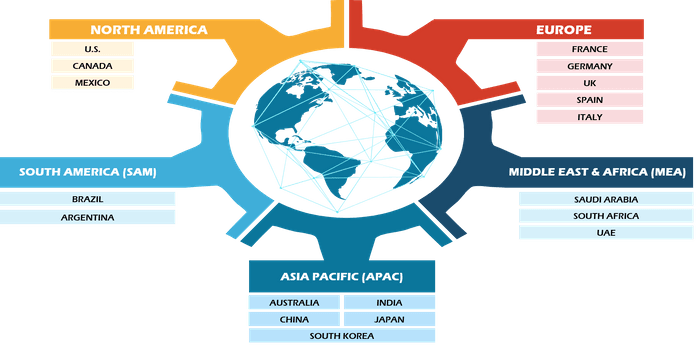Introduction
The advent of Artificial Intelligence (AI) has ushered in a new era in the job market, redefining the way we work, the skills we need, and the employment landscape. As AI technologies continue to advance, understanding their impact on employment and the evolving skill sets required has become increasingly crucial. In this blog, we will explore the profound changes AI is bringing to the job market and how individuals and organizations can adapt to thrive in this AI-driven world.
The AI Revolution
Artificial Intelligence, including machine learning and deep learning, has rapidly evolved, enabling machines to perform tasks that once required human intelligence. From data analysis and automation to natural language processing and decision-making, AI has found applications across various industries. While the adoption of AI presents numerous opportunities, it also raises important questions about its consequences for employment.
https://taglineinfotech.com/artificial-intelligence-applications/
The Impact on Employment
Automation of Repetitive Tasks
AI is adept at automating routine, repetitive tasks. This means jobs that involve data entry, simple calculations, and standardized processes are increasingly being taken over by machines. While this automation can enhance efficiency, it also leads to concerns about job displacement.
Job Disruption and Transformation
AI is not just replacing jobs; it is also transforming them. Certain tasks within jobs are automated, allowing workers to focus on more complex and creative aspects. For instance, in healthcare, AI can assist with diagnostics, enabling doctors to concentrate on patient care.
New Job Opportunities
The rise of AI also brings about new job opportunities. AI-related roles such as data scientists, machine learning engineers, and AI ethicists are in high demand. As AI continues to evolve, these roles will become even more critical.
Evolving Skill Sets
To thrive in an AI-impacted job market, individuals need to develop new skill sets. Here are some essential skills:
1. Digital Literacy: Basic digital skills are a necessity. Understanding how to use software, work with data, and adapt to technology changes is crucial.
2. Data Analysis: Proficiency in data analysis is invaluable. AI relies on data, and those who can interpret, analyze, and derive insights from data will have a competitive edge.
3. Adaptability: The ability to adapt to new technologies and learn continuously is vital. AI evolves rapidly, and the workforce must keep pace.
4. Creativity: AI may handle routine tasks, but it struggles with creativity and innovation. Cultivating creative thinking is a valuable skill.
5. Problem-Solving: Problem-solving and critical thinking skills remain highly relevant. AI can assist, but humans are still better at defining and addressing complex issues.
Preparing for the AI-Driven Future
1. Lifelong Learning: Embrace lifelong learning and seek opportunities for upskilling and reskilling. Online courses and certifications can help acquire AI-relevant skills.
2. Collaboration: Work alongside AI systems to leverage their capabilities. Many jobs will involve collaborating with AI tools, requiring adaptability and the ability to trust and understand AI.
3. Ethical Considerations: Understand the ethical implications of AI and how they apply to your profession. AI ethics and governance are burgeoning fields that demand attention.
4. Job Market Monitoring: Stay informed about job market trends and the demand for specific skills. Be ready to pivot if your current job is at risk due to automation.
5. Networking: Build a strong professional network. Networking can open up opportunities for job transitions and collaborations in AI-related fields.
Conclusion
AI is undoubtedly transforming the job market, impacting employment and skill requirements. While it brings both challenges and opportunities, the key to success in this AI-driven era is adaptability and continuous learning. Individuals and organizations that embrace AI, upskill their workforce, and leverage AI’s capabilities will thrive in the evolving job market. AI is not the enemy of employment; it is a catalyst for change, and those who embrace this change will shape the future of work.





